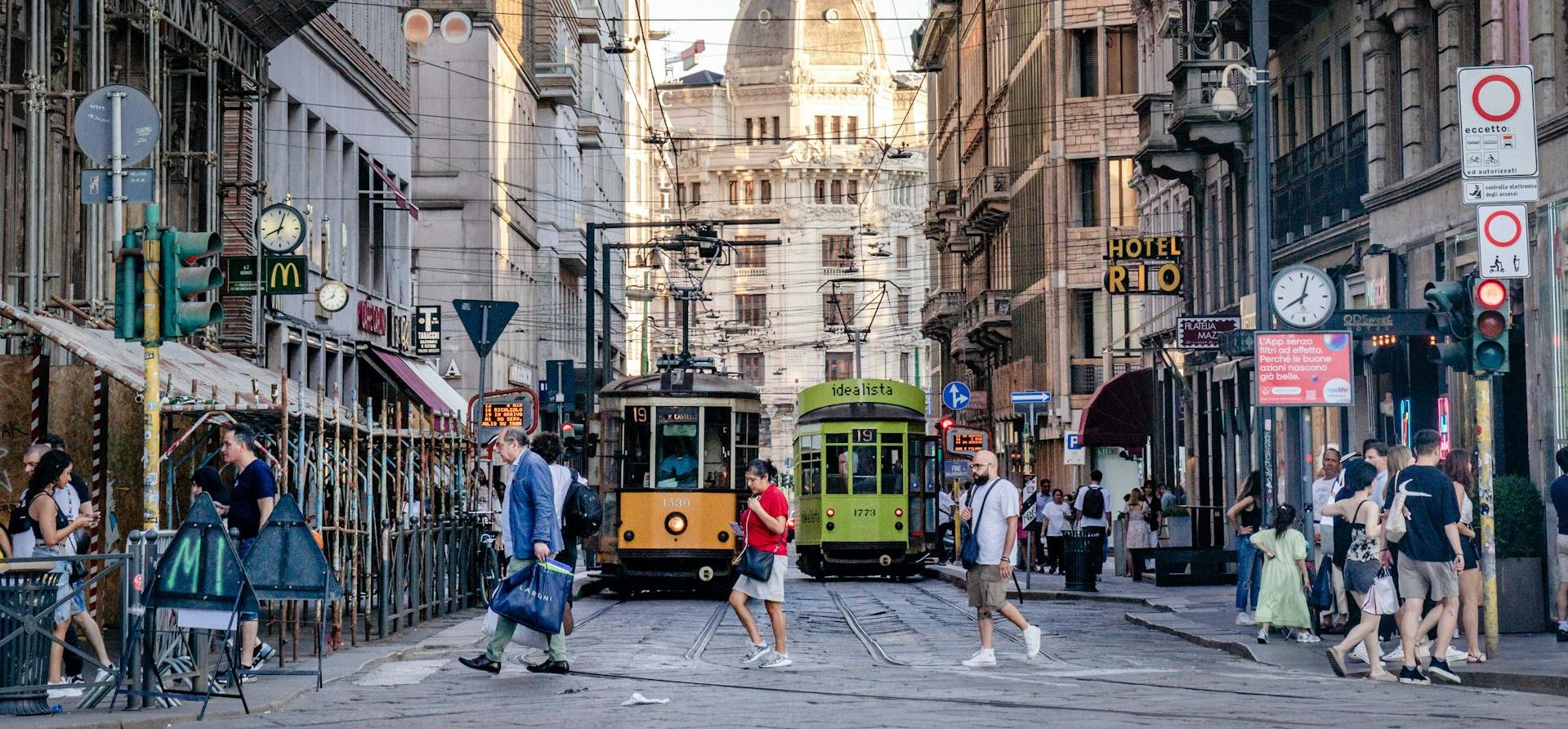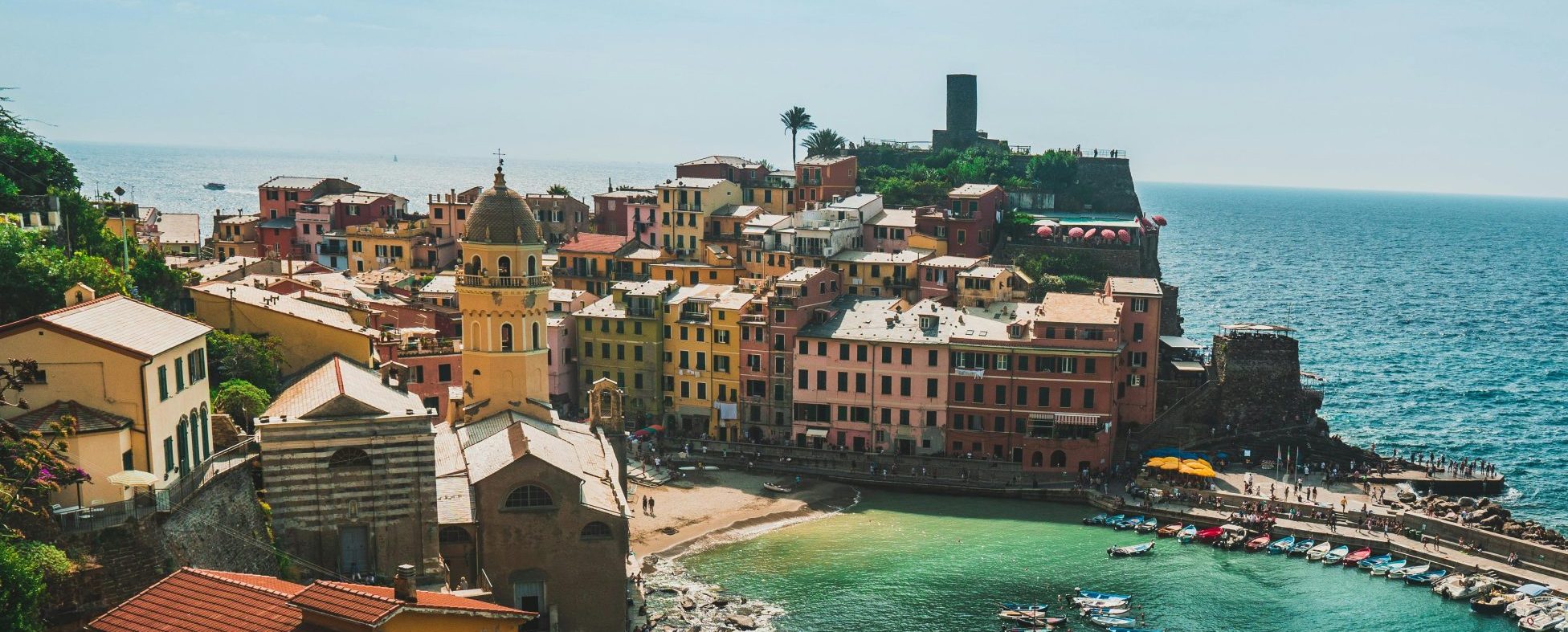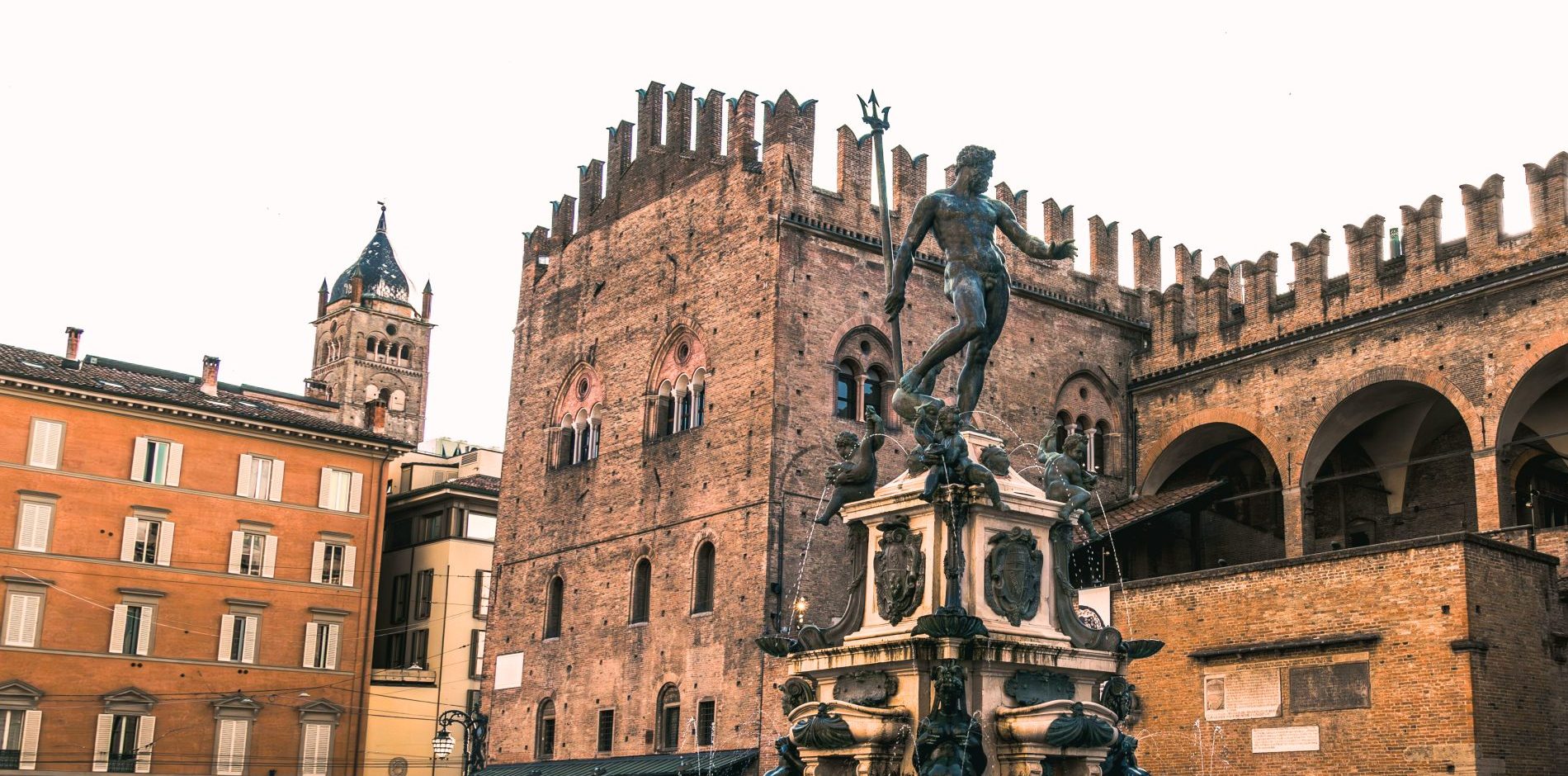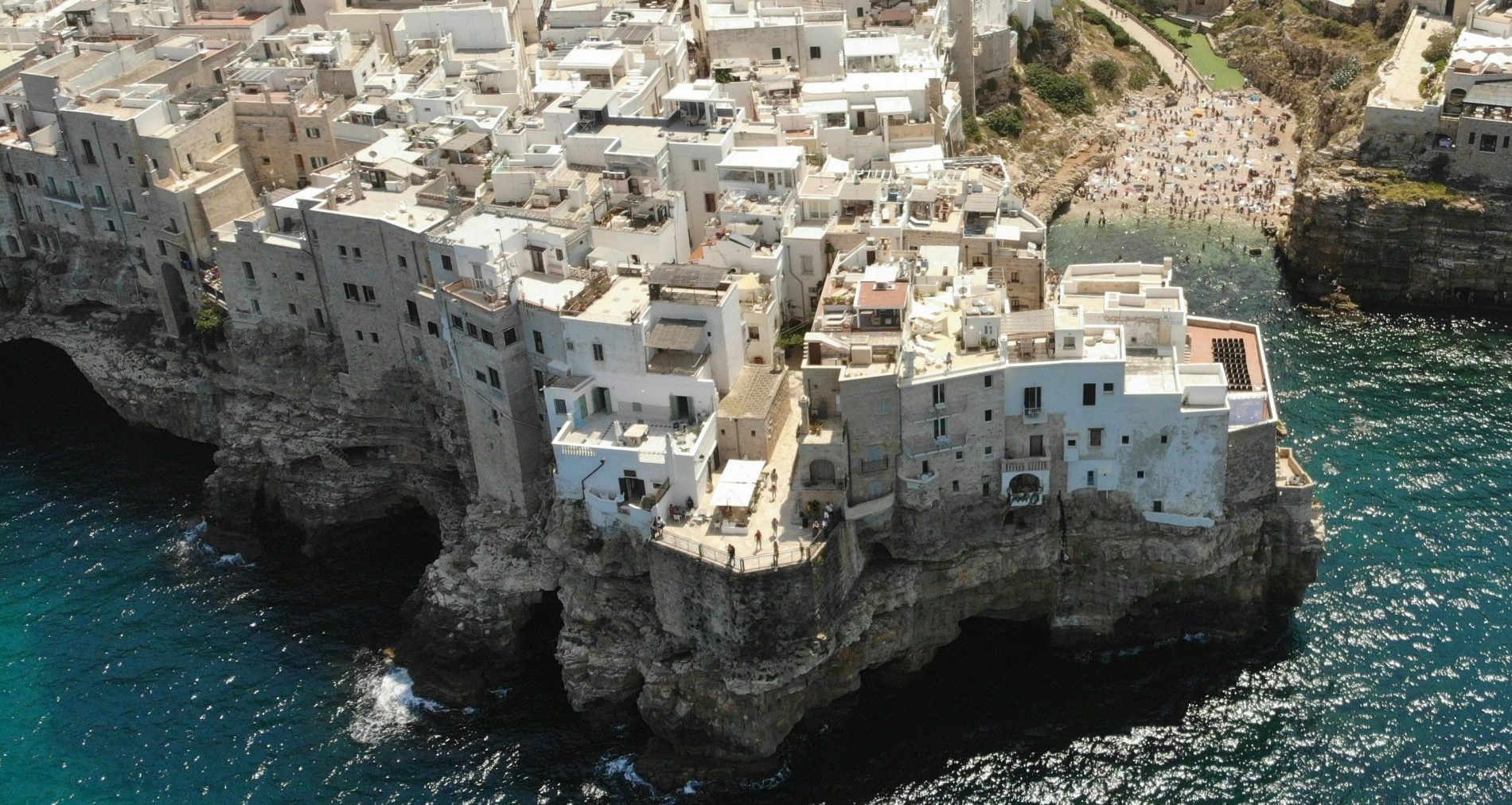
The immigration process in Italy can be complex and varies depending on the type of visa and the applicant’s country of origin. Non-EU citizens must navigate the visa application process, which includes securing a job, obtaining necessary documents, and applying for residence permits. These processes are regionally administered, adding another layer of complexity. The recent simplification of procedures for specific work categories aims to address workforce shortages and streamline the immigration process. This article provides practical advice and brings the most recent updates to navigate the various visa categories, such as work permits, student visas, and family reunification. We aim to highlight the significant challenges and the diverse ways to overcome them. Despite the difficulties, you can integrate with persistence, knowledge and planning.
For those wondering, “What Problems Do Immigrants Face in Italy?” seeking an easier immigration route, family reunification, and student visas are often the most straightforward. These pathways generally involve less strict requirements compared to work visas. For those who don’t have family reunification options or are ineligible for a student visa, here are some of the most accessible options to immigrate to Italy:
Employment Contract: The most straightforward route is securing a job offer from an Italian employer. The employer must apply for a work visa on behalf of the prospective employee. Italy operates a quota system for work visas, and the availability can vary by sector and region.
Seasonal Work Visa: Italy issues many visas for seasonal work, particularly in agriculture and tourism. These visas are typically easier to obtain as they fill immediate labour needs and are usually granted for shorter periods.
Self-Employment Visa—Entrepreneur Visa: This visa is for individuals who plan to start a business in Italy. Applicants must show they have the financial resources (a minimum of 50,000 EUR) to support their business and provide a business plan. The company should ideally be innovative and have growth potential.
Freelancer Visa: Freelancers can apply for a self-employment visa by proving they have contracts with Italian clients and sufficient income to support themselves. This visa suits independent professionals such as consultants, artists, and other self-employed individuals.
Investor Visa (Golden Visa): Italy offers investor visas for individuals who make significant investments in the country. The minimum investment requirements include:
Digital Nomad Visa: Italy has introduced a visa specifically for digital nomads. This visa is aimed at remote workers who can perform their jobs independently of their location. Applicants must prove a stable income from their employer or business outside Italy.
Volunteer Visa: Italy offers a visa to those interested in volunteering. Applicants need to be part of a recognised volunteer organisation and show proof of participation in a volunteer program that will take place in Italy. This visa typically requires sponsorship from the organisation.
Residency Permit for Elective Residence: This visa is for individuals who can financially support themselves without working in Italy. It is ideal for retirees or individuals with substantial passive income from investments, pensions, or wealthy individuals. Applicants must demonstrate significant passive income from various sources (e.g., investments property rentals) and wish to live in Italy without the need to work or make considerable investments in the country.
Usually, we can resort to two words: persistence and patience. Italian bureaucracy is notoriously complex, and expats must be prepared for a slow and sometimes frustrating process when dealing with local authorities. A good understanding of the required documents, such as the “codice fiscale” and Health Card, is essential to avoid delays or, even worse, a refusal. Hiring a local advisor or consultant can be a relief in many cases. They know how to streamline the process and avoid common pitfalls. Additionally, living in Italy as a foreigner can be challenging when dealing with the local community. Stumbles may occur until you can read the room and notice the subtle social norms. Language barriers can be a significant hurdle, as many Italians prefer to communicate in their native tongue. So, learning the language becomes indispensable for immersing yourself in the local culture and enjoying life in Italy. Furthermore, understanding and adapting to local customs and lifestyles can take time. However, Italy’s diverse expatriate community offers support and resources to help newcomers settle in.
In 2024, Italy introduced new immigration policies to facilitate the application process and address labour shortages in specific sectors. These updates include faster processing times for work permits and expanded categories for visa applicants. The government also enhances immigrant support services, providing language courses and integration programs to facilitate a smoother transition. These are the key points of the new immigration policies:
Decreto Flussi 2023-2025: Italy has set a quota of 452,000 non-EU workers over three years to address labour shortages. The quotas are distributed as follows:
Focus on Skilled Workers: The new policies prioritise highly qualified professionals, aiming to attract talent in sectors like technology, healthcare, and innovation.
Special Quotas and Preferences: Dedicated quotas for countries cooperating with Italy to combat illegal immigration and preferences for the agricultural sector and family care workers.
Streamlined Processes:
Strengthened Asylum Laws: Increased detention periods for migrants awaiting asylum decisions and establishment of additional detention centres in remote areas.
Many immigrants leave Italy due to economic challenges and limited job opportunities, particularly in southern regions. High unemployment rates and lower wages compared to other European countries drive some to seek better prospects elsewhere. Additionally, the slow bureaucratic processes and occasional societal discrimination can discourage newcomers.
Italy’s attitude towards immigrants is mixed. While the government has tried to improve integration and support, public opinion can be divided. In some regions, immigrants are welcomed and supported; in others, there is resistance due to economic and social pressures. The situation is improving, with increased awareness and initiatives promoting inclusivity.
Northern Italy, particularly Milan and Turin, has the highest concentration of immigrants. These areas offer more job opportunities and better economic conditions, attracting a larger foreign population. In addition, Rome and other major cities also host significant immigrant communities due to their cosmopolitan nature and vibrant economies.
To immigrate to Italy, determine the appropriate visa category based on your purpose, such as work, study, or family reunification. Gather the required documents, typically proof of income, accommodation, and health insurance. Submit your application to the Italian consulate in your home country and prepare for an interview if necessary. Once approved, you’ll receive a visa allowing entry into Italy, where you’ll need to apply for a residence permit.
The difficulty of immigrating to Italy depends on individual circumstances, including bureaucratic red tape, language barriers, and economic challenges. While the processes can be tiring, proper preparation and understanding requirements can mitigate challenges. Engaging a professional immigration consultant or lawyer can also simplify the process, ensuring all paperwork is correctly completed and submitted on time. Economically, immigrants may need help with job market entry, especially if their qualifications are not recognised, or they lack Italian language skills. Despite these issues, Italy continues to be a popular destination, with ongoing efforts to improve the immigrant experience.
In conclusion, an effort to learn about the requirements and the issues immigrants face in Italy puts you ahead of the problems. Staying informed about the latest immigration policies can be the key to your visa approval or refusal. Once you get through all the steps to securing your visa, it’s time for the next phase: relocating to Italy. But this is with us. At VanOne International Movers, we get all you need to clear your way to your new home, from the required customs clearance to the collection and delivery of your belongings. Contact us today for a free quote and Benvenuti in Italia!
 Italy vs Portugal: Where Should I Relocate?
Italy vs Portugal: Where Should I Relocate?Italy vs Portugal: Where Should I Relocate? Choosing a new country to call home is a significant decision,…
 Is It Expensive to Live in Bologna?
Is It Expensive to Live in Bologna?Is It Expensive to Live in Bologna? The best you can do is research nonstop until you find…
 How Challenging Can Life Be in Italy? Guide for Potential Expats
How Challenging Can Life Be in Italy? Guide for Potential ExpatsHow Challenging Can Life Be in Italy? Guide for Potential Expats Deciding to move to a new country…
 7 Places to Eat in Bologna: Gems Every Foodie Needs to Visit in Bologna
7 Places to Eat in Bologna: Gems Every Foodie Needs to Visit in Bologna7 Places to Eat in Bologna: Gems Every Foodie Needs to Visit in Bologna Bologna, often dubbed the…